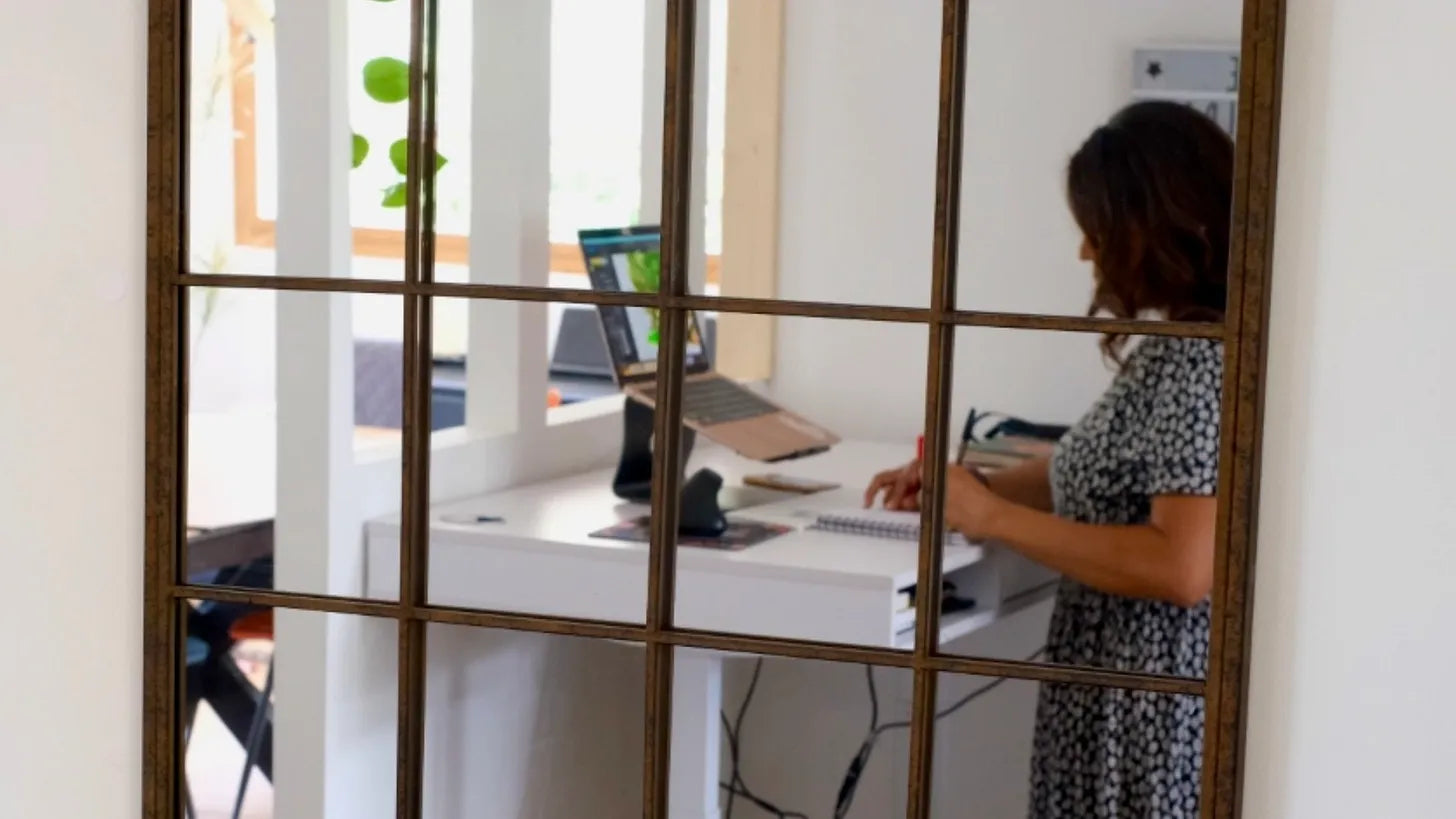
#1. How to prepare for the first 6 months of your small business
The highs and lows that define the initial stages of a new business!
Dear lovely human,
Embarking on starting a business is an exhilarating endeavour filled with excitement and challenges. The first six months of entrepreneurship are a crucial period that sets the tone for the future. In this article, we will explore the highs and lows that define the initial stages of a new business.
Why did I decide to go for it?
The pandemic was a turning point for many of us. For me, it meant working remotely and being able to experience a daily life that was more in tune with my needs and values. It also meant that when it was time to go back to the office, not only I wasn’t ready, but I was highly reluctant to go back to a life that had caused me stress and anxiety in the past.
I knew that changing employers wouldn’t solve the issue in the long term. Eventually, I would be forced to align to someone else’s priorities and decision-making. I also knew that in the back of my mind, the idea of being my own boss and working on my own terms was always appealing, but I never pursued it due to fear and thinking it would be too daunting. It was time to take the leap.

Early Wins and Challenges
Although I’m proud of myself for conquering my fears of failure and being judged, starting my own business came with a set of challenges:
-
Not having a stable income anymore.
-
Not understanding the legal requirements.
-
Not being familiar with social media or marketing in general.
-
And some others.
My strategies so far
Fortunately, I also had many positive aspects that helped me to be as prepared as I could to face these challenges:
-
I saved as much money as possible before starting my business and could rely on my partner’s support. Each person and situation is different, but if you want to do the same, I advise you to save for at least one year of monthly expenses (because you never know when you’ll be able to secure a contract or when you will get paid) and, if possible, rely on others to help you in this stage.
-
I enrolled in a one-week workshop on “How to start a business” delivered by my regional chamber of commerce, which helped me understand the basic legal requirements and identify the next steps.
-
I educated myself on social media by watching YouTube tutorials and Skillshare classes. I’m still figuring out this aspect, but in the meantime, I was able to create my websites and start from there.
-
I’m living off my skills. I worked as a digital learning designer for almost a decade within various international organisations. This particular set of skills has been essential to sustain myself by working as a freelancer while I develop other areas of my business.
Key takeaways
- Foster and learn new skills as much as possible: Ensure you have skills or a network to help you monetize your knowledge. Learn as much as possible, and identify when it’s better to delegate or let go of a task.
- Business skills: If you don’t have a business background (like me), take the time to educate yourself on what you need to start and maintain a business. If you prefer in-person, you can check your area's freelancer networks and governmental institutions (like the chambers of commerce, etc.).
If you only have access to online resources, I would recommend official websites (for example, in France, we have entreprendre and the investment bank) and online courses like Mimmi Purnell’s Skillshare class on Plan Your Creative Business: Your Path To Creating Income As An Artist.
- Financial Realities: Money matters, especially in the early months, so save as much as possible for the projects that will benefit you. For example, to illustrate this aspect, at the time of writing this post, I'm working with 2 clients, but I won't receive the payments until I deliver the products. This means that it has been a bit more than 6 months that I've been living off my savings, and I will have to wait a bit more to receive income again to pay myself and refill my emergency fund.
- Social reality: Being your own boss can be isolating and may not be suited for everyone. Make an effort to discuss and meet regularly with people. Although it’s been only 6 months, and there’s still lots of uncertainty, I feel good about this decision. My stress levels are almost zero, and I can plan my schedule to work when I need to and include fulfilling activities.
- Focus on the good part and why you're doing it: this will help you have resilience when things don’t go your way or take longer than expected. In the beginning, I wanted to do everything right away and very quickly realized that was not sustainable and that I needed to take even more care of myself as now my income relies on my shoulders.
So, to aspiring entrepreneurs (and myself included), remember that Rome wasn’t built in a day, that all that matters takes time, and that you’re in for a life adventure, so make sure to enjoy the process along the way and to treat yourself as the most valuable human resource. If I can do it, you can do it, too!
I hope this was helpful.
All the best,
Natasha


Leave a comment
This site is protected by hCaptcha and the hCaptcha Privacy Policy and Terms of Service apply.